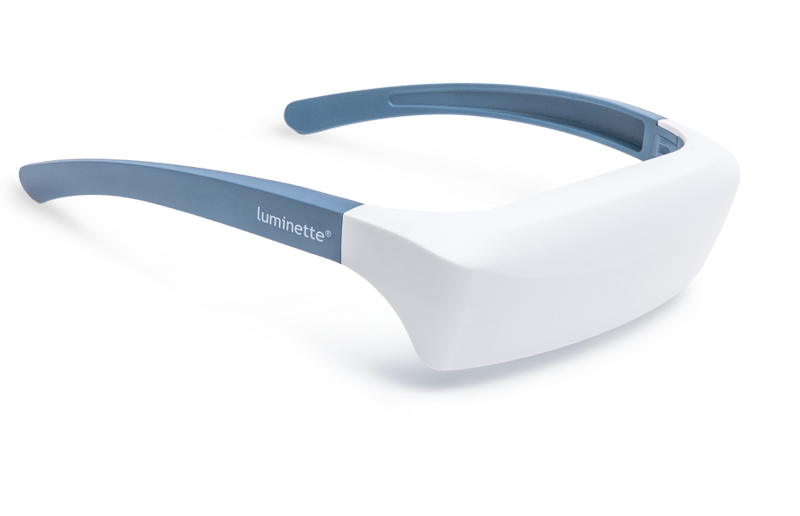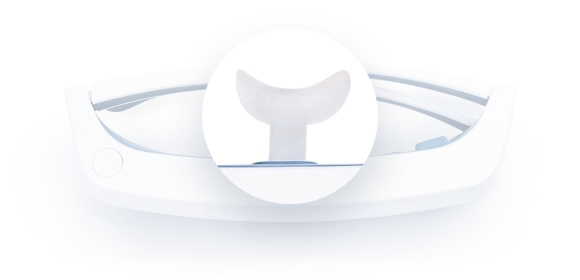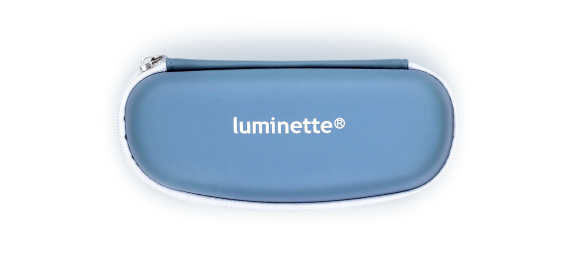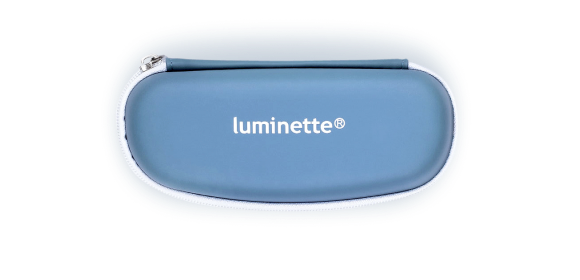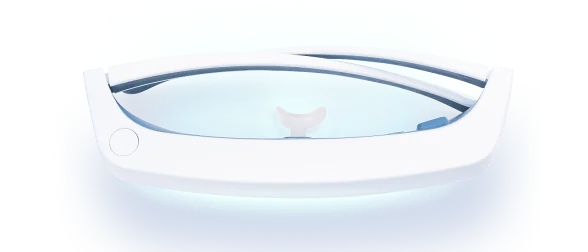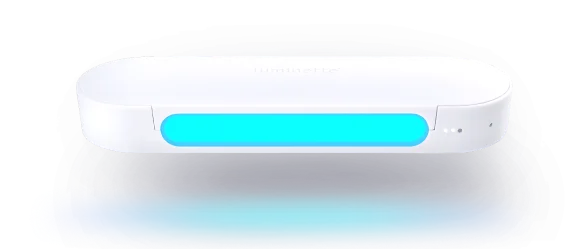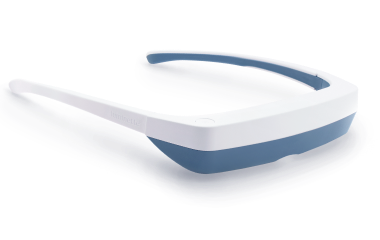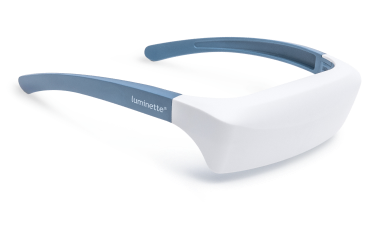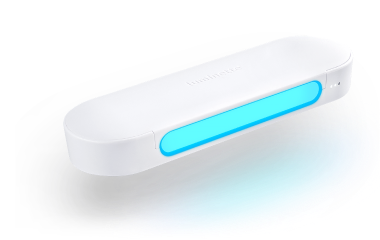Ever wondered why sunny days make you feel uplifted while gloomy days might make you feel sluggish? Light, a seemingly simple part of our daily lives, plays a crucial role in our overall well-being. From physical health to mental clarity, the presence—or absence—of light profoundly impacts various aspects of our lives. This blog aims to uncover the harmful effects of lack of light, providing insights and practical tips for health enthusiasts, fitness buffs, wellness seekers, and office workers who might find themselves spending too much time indoors.
Importance of Light in Daily Life
Light is an integral part of our daily existence, influencing everything from our sleep patterns to our emotional state. It regulates our circadian rhythms, which dictate our sleep-wake cycles, and plays a vital role in the production of vitamin D, essential for bone health. Additionally, exposure to natural light during the day helps boost our mood and cognitive function, making us more alert and productive. Understanding the importance of light and its myriad benefits can encourage us to make more informed choices about our living and working environments.
Natural vs. Artificial Light
Light comes in two primary forms—natural and artificial. Sunlight, the most abundant source of natural light, offers a full spectrum of light wavelengths that are essential for various biological processes. Artificial light, on the other hand, comes from man-made sources like light bulbs and screens. While convenient, artificial light often lacks the full spectrum of wavelengths found in natural light, and its overuse can have negative health implications.

Role of Light in Human Health
Light regulates numerous biological functions, including our circadian rhythms, hormone production, and even our mood. Exposure to natural light helps synchronize our internal clocks, enabling us to sleep better and feel more alert during the day. Conversely, insufficient light can disrupt these biological processes, leading to adverse health outcomes.
Physical Health Impacts
The absence of adequate light exposure can have significant repercussions on physical health. Our bodies rely on natural light to maintain various physiological processes, and a lack of it can disturb our entire system. This section delves into the specific physical health issues that arise from light deprivation, such as weakened immune function, poor bone health due to vitamin D deficiency, and the disruption of sleep patterns. Understanding these impacts can highlight the importance of integrating sufficient light exposure into our daily routines.
Circadian Rhythm Disruption
Our circadian rhythms are 24-hour cycles that influence various physiological processes, including sleep, digestion, and hormonal activity. Light is a primary cue that helps regulate these rhythms. Insufficient light exposure, especially in the morning, can disrupt these cycles, leading to sleep disorders and impaired cognitive function. Research shows that disruption of circadian rhythms is linked to obesity, diabetes, and other chronic conditions.

Vitamin D Deficiency
One of the most well-known effects of lack of light exposure is vitamin D deficiency. Vitamin D is synthesized in the skin through exposure to UVB rays from sunlight. It plays a vital role in calcium absorption and bone health. Lack of exposure to sunlight can lead to deficiencies, resulting in weakened bones and an increased risk of fractures. Studies also suggest that vitamin D deficiency may contribute to cardiovascular diseases and immune system disorders.
Impact on Vision
Lack of adequate light can also strain your eyes. Poor lighting conditions can cause eye fatigue, headaches, and even long-term vision problems. Prolonged exposure to dim or artificial light sources like computer screens can exacerbate these issues, making it essential to ensure proper lighting in workspaces.
Mental Health Consequences
The effects of light deprivation extend beyond physical health, profoundly influencing our mental well-being as well. Light exposure plays a pivotal role in regulating mood and cognitive functions, and its absence can lead to a range of mental health issues. This section will explore the various psychological impacts of insufficient light, including mood disorders, cognitive decline, and overall emotional instability. By understanding these mental health consequences, we can better appreciate the importance of adequate light exposure for maintaining a balanced and healthy mind.
Seasonal Affective Disorder (SAD)
Seasonal Affective Disorder (SAD) is a type of depression that occurs at specific times of the year, usually in the winter months when natural light exposure is limited. Symptoms include lethargy, irritability, and feelings of hopelessness.

Mood and Cognitive Function
Light exposure has a direct impact on mood and cognitive function. Natural light boosts serotonin levels, a hormone that stabilizes mood and feelings of well-being. Lack of light can lead to decreased serotonin production, causing mood swings and impaired cognitive abilities. Studies have shown that people who are exposed to more natural light are generally more productive and experience fewer episodes of anxiety and depression.
Anxiety and Depression
Insufficient light exposure is a significant factor in the onset of anxiety and depression. It disrupts the production of melatonin, a hormone that regulates sleep, and serotonin, affecting mood stability. Light therapy using devices like myLuminette can help manage these conditions by mimicking natural light and stimulating the production of these essential hormones.
Effects on Sleep Patterns
Sleep is one of the most crucial aspects of human health, affecting nearly every system in the body. Light exposure, or the lack thereof, has a significant impact on our sleep patterns. Inadequate exposure to natural light can disrupt our circadian rhythms, making it difficult to maintain a regular sleep schedule. This section will explore how light influences our sleep cycles, the consequences of sleep disruption, and the importance of ensuring sufficient light exposure for quality rest.
Insomnia and Poor Sleep Quality
One of the most immediate effects of lack of light is the disruption of sleep patterns. Insufficient exposure to natural light during the day can lead to insomnia and poor sleep quality. The absence of light cues disrupts the body's internal clock, making it difficult to fall asleep and stay asleep. Poor sleep, in turn, can affect overall health, leading to fatigue, decreased cognitive function, and increased stress levels.

Importance of Light for Melatonin Production
Melatonin is a hormone that regulates sleep-wake cycles. It is produced in response to darkness and is inhibited by light. Lack of adequate light exposure during the day can disrupt melatonin production, leading to sleep disorders. Ensuring that you get enough natural light during the day and reducing exposure to artificial light in the evening can help regulate melatonin levels and improve sleep quality.
Long-Term Health Risks
Chronic lack of sufficient light exposure can have profound implications for overall health beyond immediate and noticeable effects. The long-term consequences of inadequate light extend to various systems in the body, potentially leading to significant health issues that can affect an individual's quality of life. Understanding these risks emphasizes the importance of integrating natural light into our daily routines for long-term well-being. This section will delve into the extended impacts of light deprivation and how it may contribute to serious health conditions over time.
Chronic Conditions Linked to Light Deprivation
Prolonged lack of light exposure can lead to various chronic health conditions. These include cardiovascular diseases, obesity, and metabolic disorders. The disruption of circadian rhythms and hormonal imbalances caused by insufficient light can exacerbate these conditions, making it essential to prioritize adequate light exposure in your daily routine.
Potential for Increased Mortality
Several studies have shown a correlation between low light exposure and increased mortality rates. The long-term effects of light deprivation, such as chronic health conditions and impaired mental health, can contribute to a shortened lifespan. Ensuring adequate light exposure can mitigate these risks and promote overall well-being.
Strategies to Mitigate Lack of Light
Mitigating the adverse effects of insufficient light exposure is crucial for maintaining both physical and mental well-being. Several strategies can be employed to ensure adequate light exposure, even in environments with limited natural light. This section will explore various methods to combat light deprivation, from incorporating light therapy and optimizing workspace lighting to spending more time outdoors. By implementing these strategies, individuals can significantly improve their overall health and quality of life.
Optimal Lighting Solutions
Creating an optimal lighting environment involves a combination of natural and artificial light. Positioning workspaces near windows, using daylight bulbs, and incorporating light therapy devices can help ensure adequate light exposure throughout the day. Additionally, taking breaks to step outside and absorb natural light can significantly improve overall health.
Light Therapy by Luminette
Light therapy is an effective solution for combating the harmful effects of light deprivation. Devices like myLuminette simulate natural light and can be used to regulate circadian rhythms, improve mood, and enhance sleep quality. Incorporating light therapy into your daily routine can provide the necessary light exposure to maintain optimal health.
Luminette 3 Light Therapy Glasses
The Luminette 3 Light Therapy Glasses offer a convenient and portable way to receive light therapy. These glasses are designed to be worn like regular eyewear, allowing users to go about their daily activities while benefiting from light therapy. With adjustable intensity settings, the Luminette 3 glasses ensure personalized light exposure tailored to your specific needs. They are perfect for those who have busy schedules and need a flexible light therapy solution.

Portable Light Therapy Lamp - Luminette Drive
The Luminette Drive is a portable light therapy lamp designed for use on the go. It can be easily mounted in your car, allowing you to get your light therapy during your commute. The Luminette Drive is equipped with advanced technology to provide optimal light intensity and spectrum, ensuring effective therapy sessions even while you drive. This device is ideal for individuals who spend a lot of time traveling and want to maintain their light therapy routine without interruption.
With the combination of Luminette 3 Light Therapy Glasses and the Portable Light Therapy Lamp—Luminette Drive, myLuminette offers versatile options to fit various lifestyles and preferences, ensuring that everyone can benefit from the advantages of light therapy.
Conclusion
In conclusion, the detrimental effects of insufficient light exposure on both mental and physical well-being underscore the need for proactive measures to address this issue. Recognizing the pivotal role that natural light plays in regulating circadian rhythms, cognitive function, and overall health emphasizes the importance of creating environments that prioritize adequate light exposure. While challenges such as indoor living and limited sunlight availability persist, the incorporation of light therapy, particularly through devices like the Luminette 3 and the portable lamp Drive, provides practical solutions. These innovations empower individuals to reclaim control over their light environment, fostering a harmonious balance between the demands of modern life and the essential natural cues our bodies rely on for optimal functioning. By addressing the issue of light deprivation, we pave the way for improved mental clarity, enhanced productivity, and a holistic approach to well-being.
FAQ
What are the signs of light deprivation?
Signs of light deprivation include fatigue, mood swings, difficulty concentrating, poor sleep quality, and a general sense of malaise. If you experience these symptoms, it may be worth evaluating your light exposure levels and considering strategies to increase natural and artificial light in your environment.
How does lack of light affect mental health?
Lack of light affects mental health by disrupting hormone production and circadian rhythms, leading to conditions like Seasonal Affective Disorder (SAD), anxiety, and depression. Ensuring adequate light exposure can help regulate these processes and improve mental well-being.
Can artificial light compensate for natural light deficiency?
While artificial light can help mitigate the effects of natural light deficiency, it often lacks the full spectrum of wavelengths found in natural light. Using full-spectrum daylight bulbs and light therapy devices can provide more comprehensive benefits, but incorporating natural light whenever possible is ideal.
How does lack of light disrupt sleep patterns?
Lack of light disrupts sleep patterns by interfering with the production of melatonin, a hormone that regulates sleep-wake cycles. Ensuring adequate light exposure during the day and minimizing artificial light in the evening can help maintain healthy sleep patterns and improve overall sleep quality.
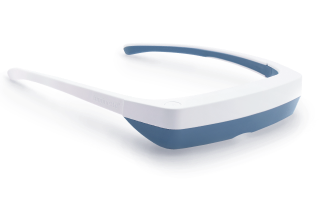
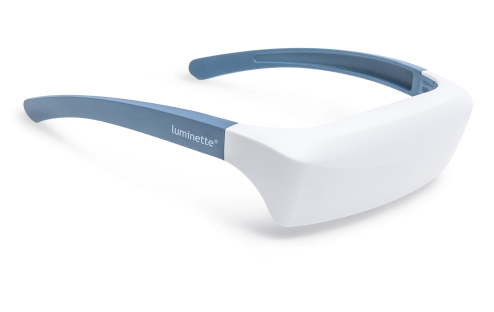
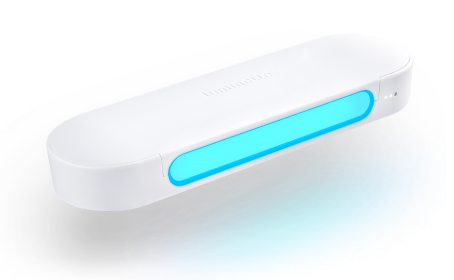
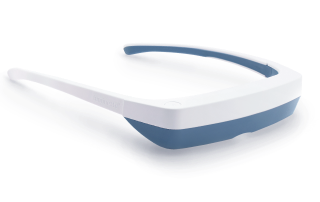
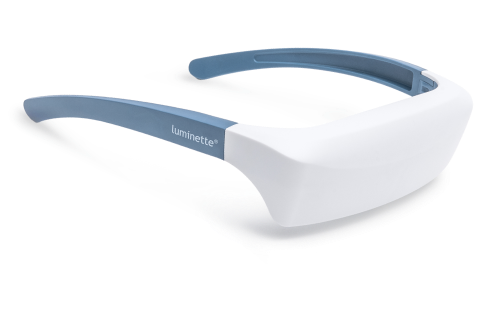
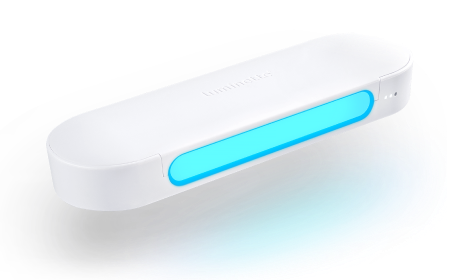
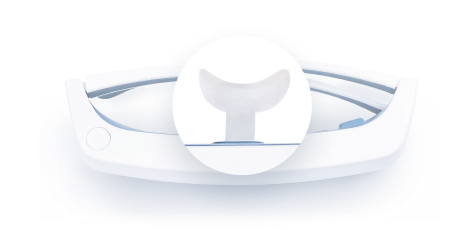
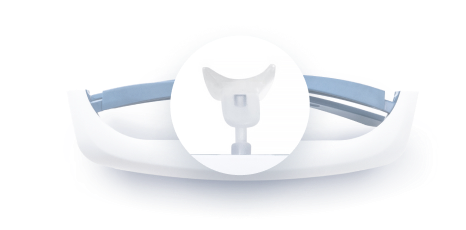
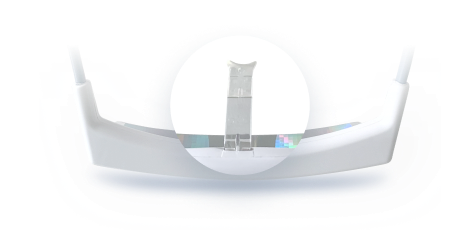
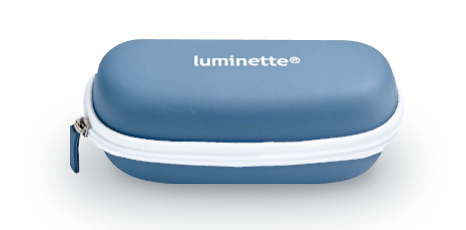
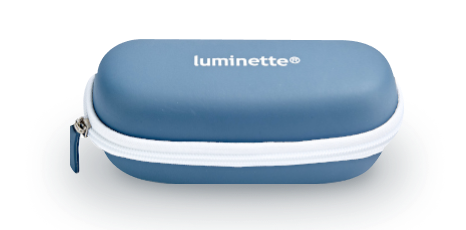





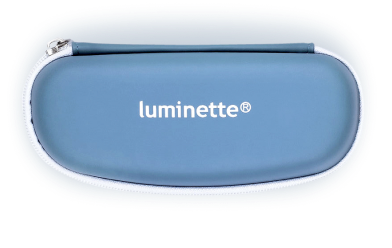
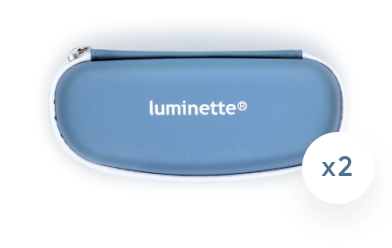
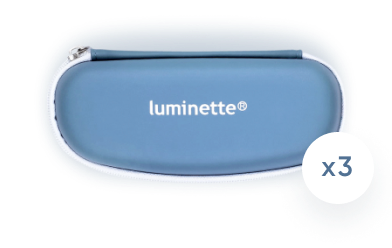
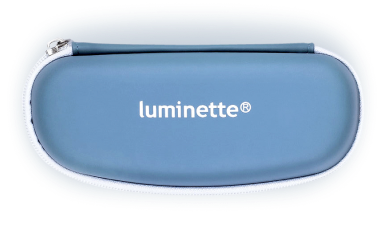
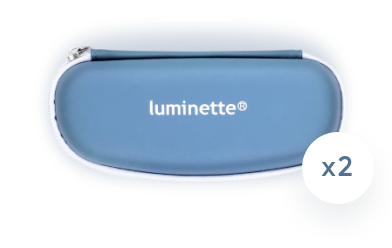
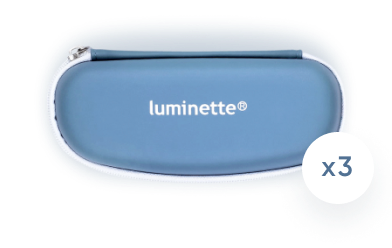
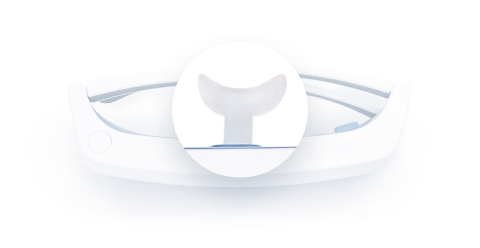
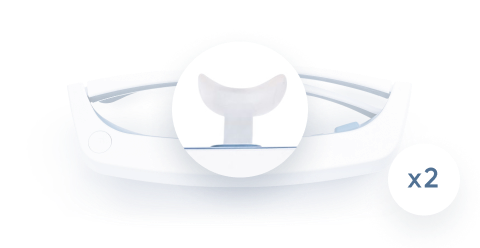
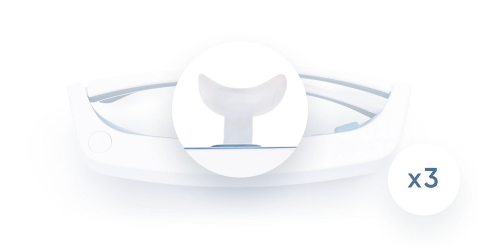

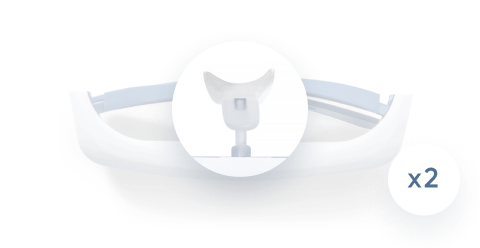
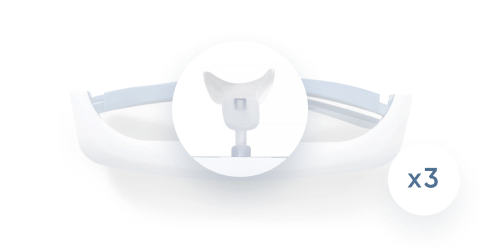
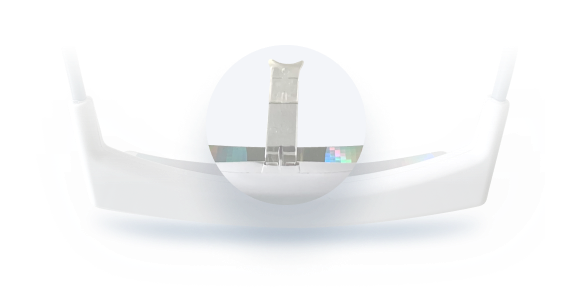


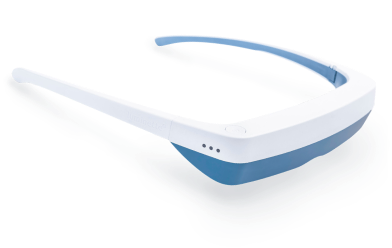
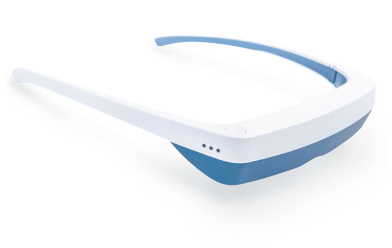
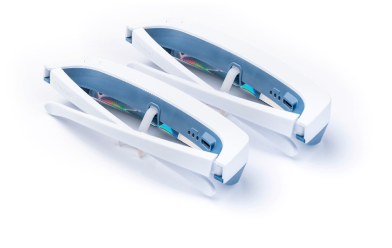
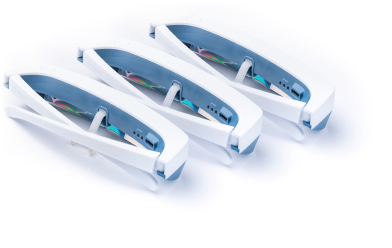



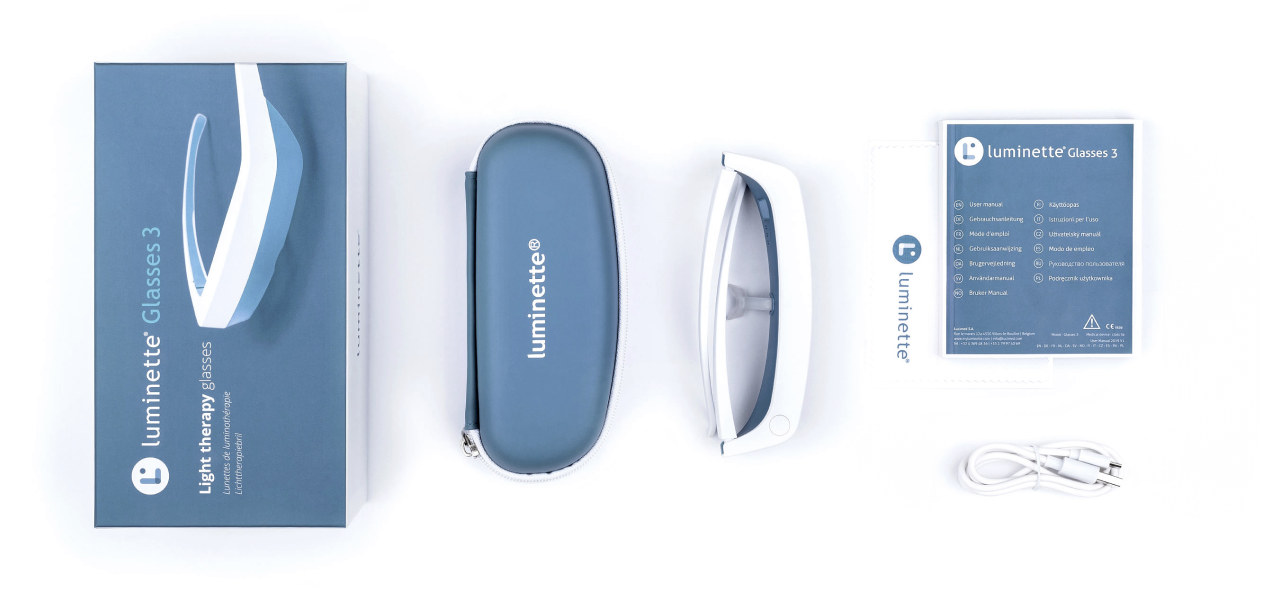
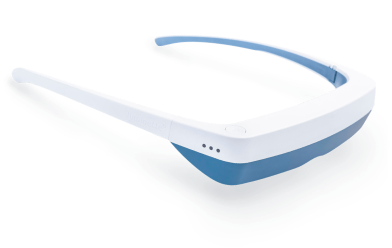
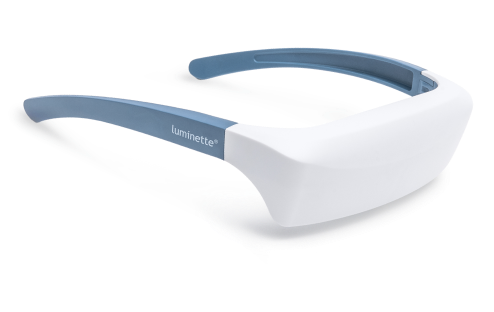
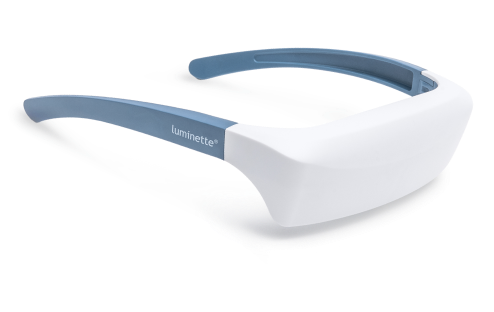
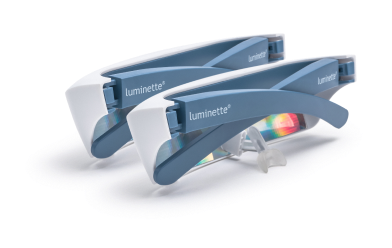
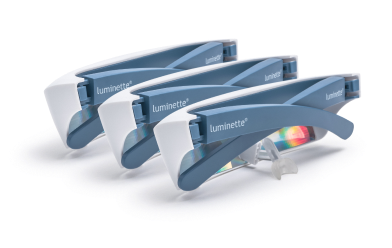
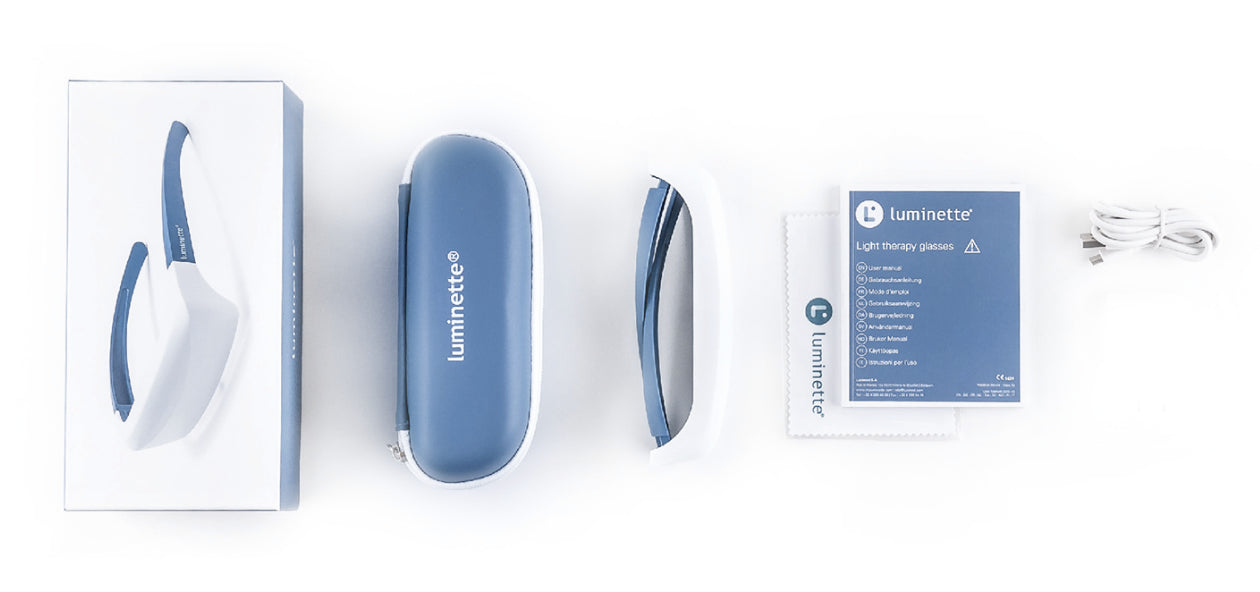
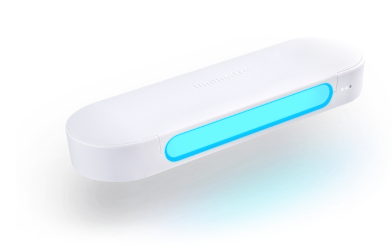
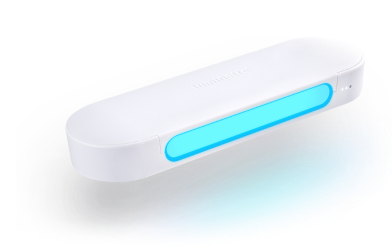
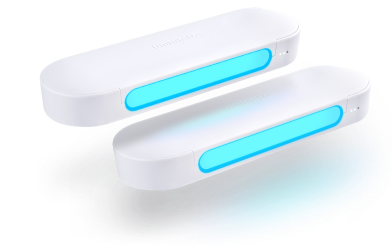
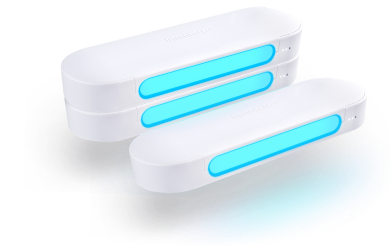
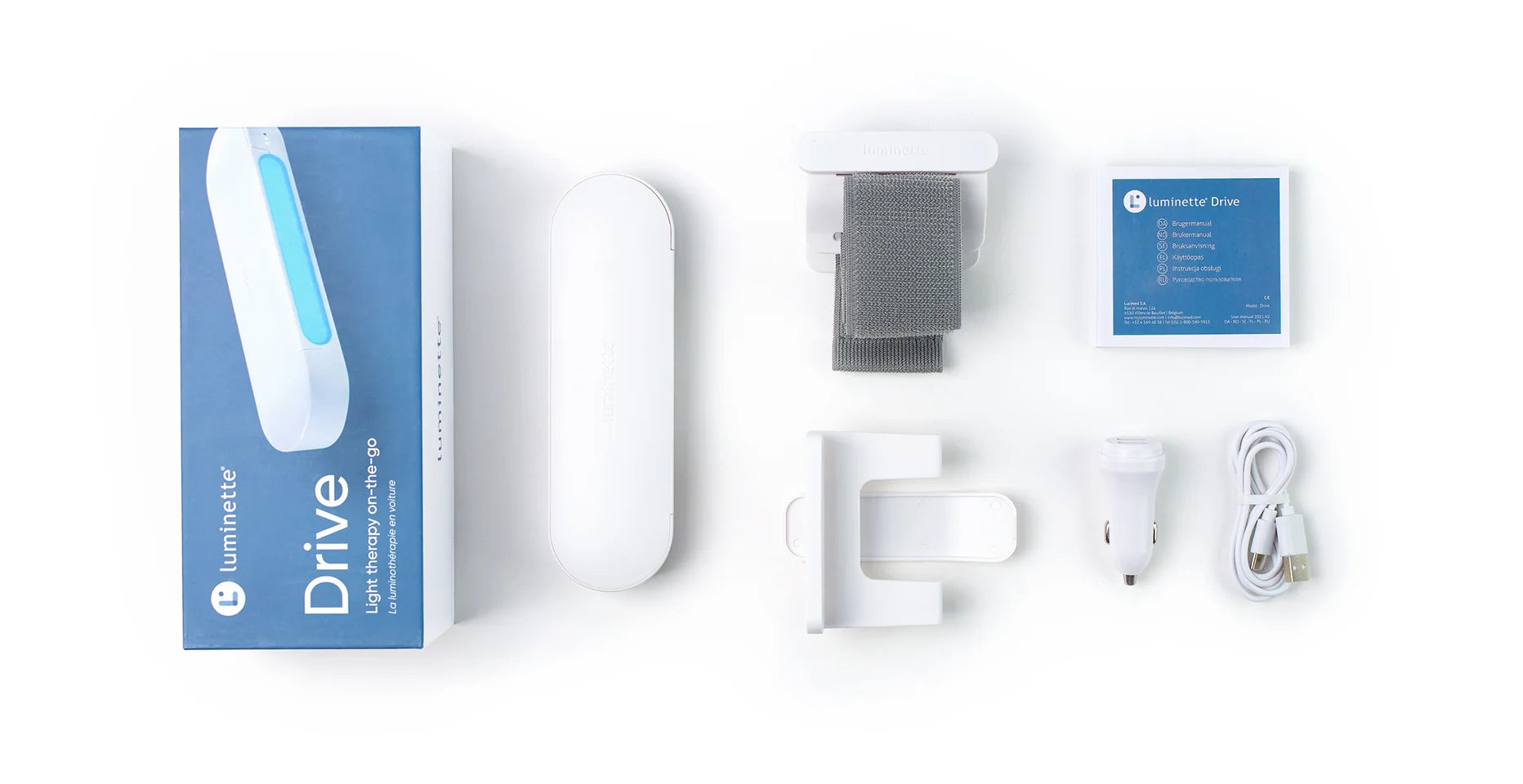
 Please note
Please note



